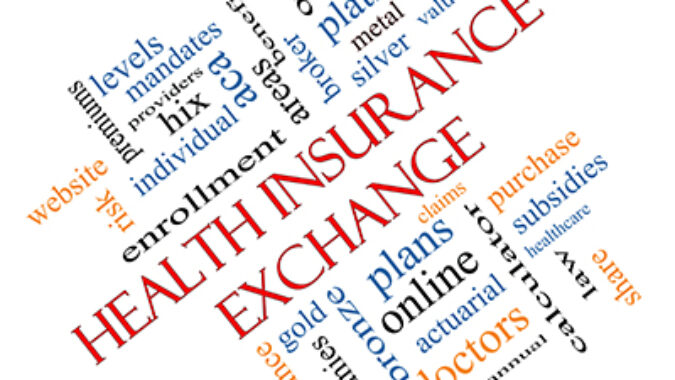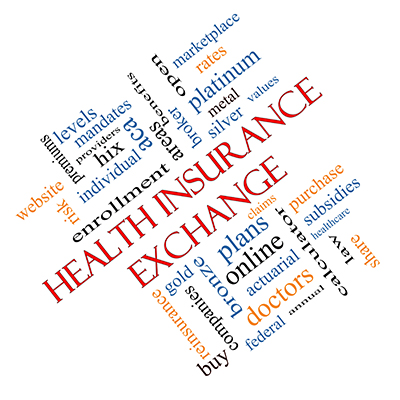The COVID-19 public health crisis and the workplace disruptions it has caused have not derailed New Jersey’s timetable for rolling out its own fully state-run health insurance exchange this fall for people who need health insurance, a top state insurance official told NJBIA members.
Justin Zimmerman, chief of staff to the state Banking and Insurance commissioner, said DOBI employees have quickly adjusted to working remotely during the pandemic, and the department remains on track to transition to a fully state-run health insurance exchange on Nov. 1 for policies taking effect in 2021.
“We’re working around the clock with our staff to ensure that we hit that goal and right now there is nothing to indicate otherwise,” Zimmerman told NJBIA members participating in the virtual Health Affairs Policy Committee video conference call on Tuesday.
New Jersey’s state-based exchange for those who need health insurance currently uses the federal healthcare.gov platform. However, starting this fall, New Jersey residents who lack employer-provided insurance will be able to purchase Affordable Care Act-style policies on the individual market using a platform managed by DOBI, instead of the federal government.
Zimmerman noted the federal government recently refused to extend the open enrollment period for subsidized health insurance policies after COVID-19 hit, even as millions lost their employer-sponsored health plans in the ensuing economic downturn. For that reason, the new fully state-run marketplace that’s coming should be seen “as a mechanism that is part of the recovery,” he said.
By fully operating its own exchange, the state gains control over the timing and length of the open enrollment period, which the federal government has reduced from the original three months to only six weeks. The switch will also allow the state to dedicate more funding toward outreach and enrollment efforts that also have been cutback significantly on the federal level in recent years.
This week DOBI began airing digital radio, search and social media ads as part of its Get Covered New Jersey public awareness campaign about health insurance options available to residents whose health coverage or income has been affected by the pandemic.
Residents losing job-based health coverage typically have 60 days to obtain coverage on the Affordable Care Act Marketplace under a special enrollment period permitted for certain “life events” and may even be eligible for financial help to lower the cost of a plan. Individuals who have a significant loss of household income may also be eligible for free or low-cost coverage through NJ FamilyCare.
Zimmerman said DOBI has taken a number of additional actions during the pandemic to respond to healthcare needs and provide financial relief to consumers and business owners. These include:
- Requiring all state-regulated health plans (not self-funded plans) to cover COVID-19 testing services, regardless of whether an individual is symptomatic, without cost-sharing by the patient
- Requiring property and casualty insurers to offer premium reductions to consumers and businesses when exposure to risk is less due to COVID-19 shutdowns — including auto insurance, workers’ compensation, and commercial liability insurance policies.
- Requiring state-regulated providers to cover any healthcare services or supplies delivered through telemedicine by in-network providers, without any cost-sharing by the patient
- Requiring insurance companies to offer residents and businesses extended grace periods on premium payments for healthcare, dental care, homeowners insurance, renters insurance, life insurance and auto insurance
- Working with regulated entities to provide mortgage relief to homeowners and expand payment relief for student loan borrowers who have lost their jobs or had their work hours reduced
- Creating more flexibility for regulated entities by extending reporting deadlines and licensing processes, and implementing temporary licensing


